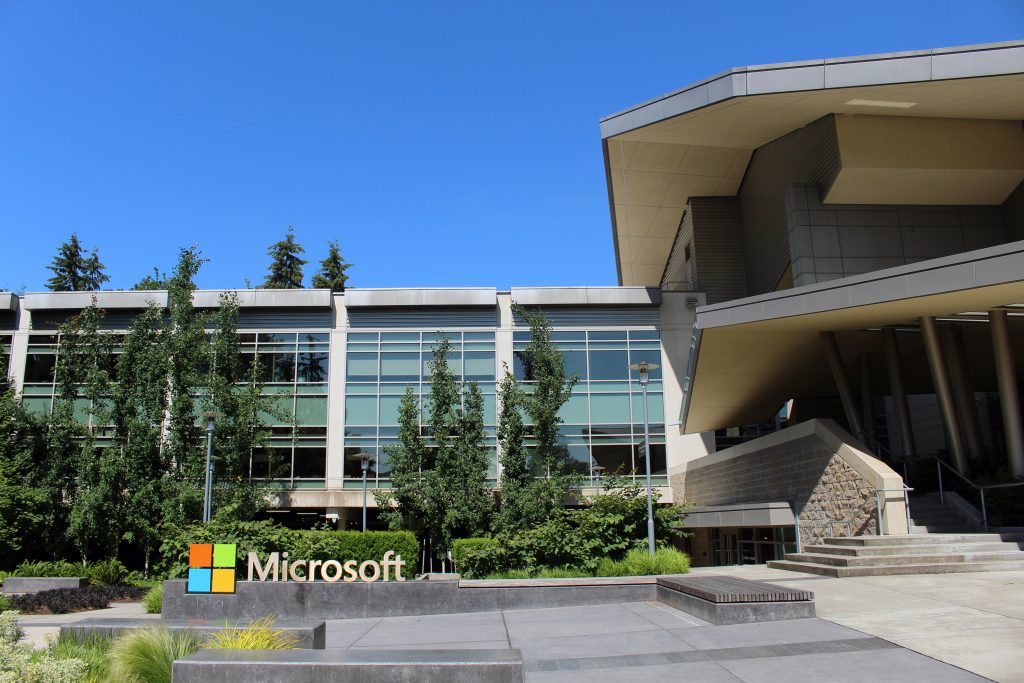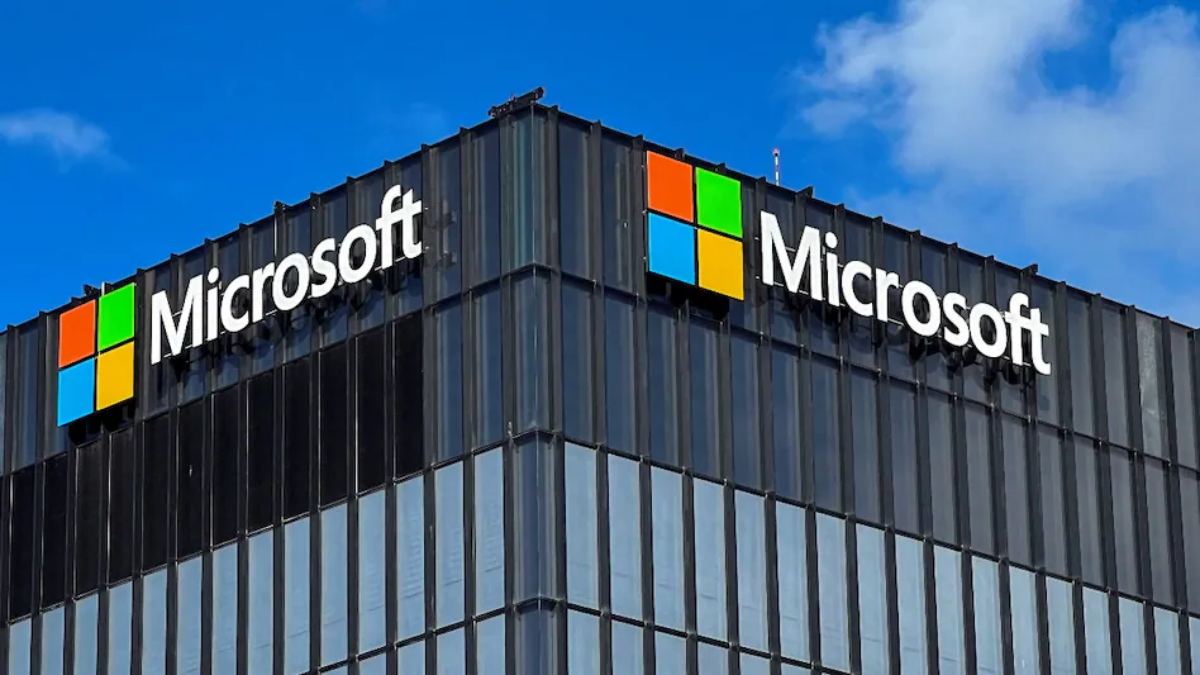Microsoft shares surged on Thursday after the company posted impressive quarterly results, briefly pushing its market valuation past the $4 trillion mark—an elite threshold it now shares with fellow artificial intelligence frontrunner Nvidia.
The record valuation underscores growing investor confidence in a booming AI sector, with analysts suggesting the upward trend is still in its early stages. Microsoft, along with other major tech players, is preparing to spend over $100 billion annually to expand its infrastructure and AI capabilities.
For the final quarter of its financial year, Microsoft reported a net profit of $27.2 billion on revenue of $76.4 billion, highlighting strong demand for its AI-driven services. By midday trading, its share price had risen 4.3%, briefly lifting the company above the $4 trillion valuation milestone before settling just below it.

“Cloud and AI is the driving force of business transformation across every industry and sector,” said CEO Satya Nadella. “We’re innovating across the tech stack to help customers adapt and grow in this new era.”
Speaking on an earnings call, Nadella revealed Microsoft had launched new data centres across six continents and secured major contracts with global firms such as Nestlé and Barclays. The strong results drew praise from analysts, with many pointing to Microsoft’s strategic positioning in the AI space.
The company was among the earliest tech giants to embrace artificial intelligence, striking a landmark partnership with OpenAI—the creators of ChatGPT—in 2019. Microsoft holds intellectual property rights to OpenAI’s technology, further enhancing its competitive edge.
One of the most significant highlights was a 39% year-on-year jump in revenue from Azure, Microsoft’s flagship cloud computing platform, now enhanced by AI. Technology analyst Angelo Zino of CFRA Research credited AI as the principal driver of the company’s recent valuation surge.
Unlike Nvidia, which emerged as a dominant force during the AI boom, Microsoft has long held a top-tier position in the US corporate world. It joined the prestigious Dow Jones index in 1999, more than a decade after the debut of its transformative Windows software.
Microsoft’s diversified portfolio—encompassing tools like Outlook, LinkedIn, and the Xbox gaming division—is now being enhanced by AI capabilities, expanding their appeal and utility.
“We view Microsoft as kind of the enterprise king,” said Zino. “What AI does is it provides new growth opportunities for this company.”
For the full fiscal year 2025, Microsoft reported revenue of $281.7 billion, a 15% increase on the previous year. That figure is more than double what it was in 2018, when annual revenues stood at $110.4 billion.
Looking ahead, Zino predicts Microsoft could maintain an annual growth rate of 10% over the next six to seven years, driven largely by AI integration across its services. However, he cautioned that oversupply in AI capabilities could eventually put downward pressure on prices in the cloud computing market.


 Trending
Trending 